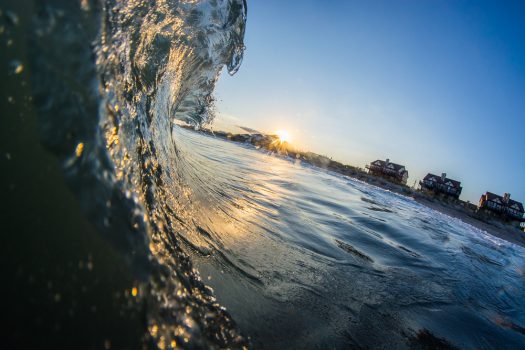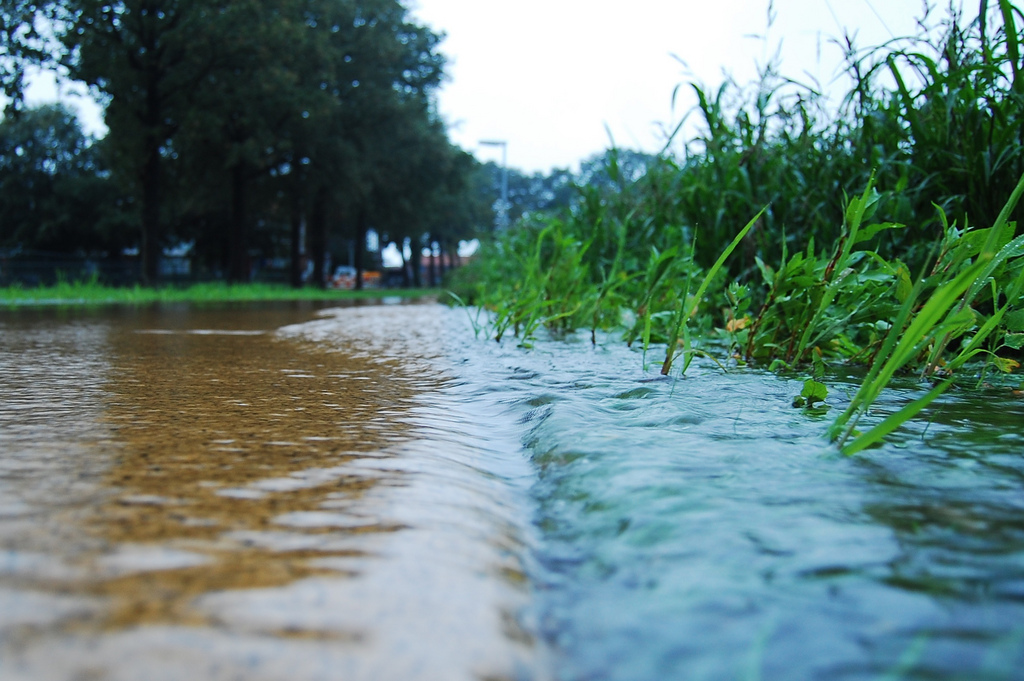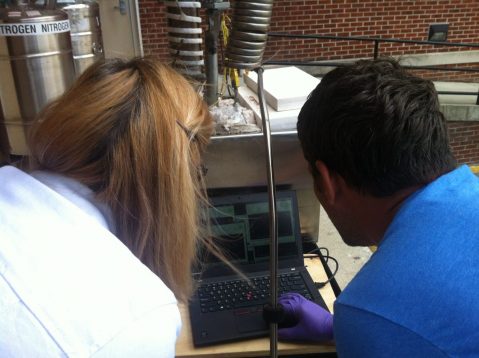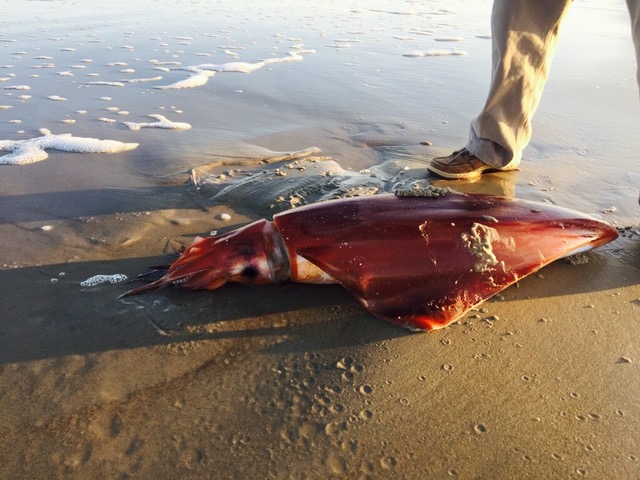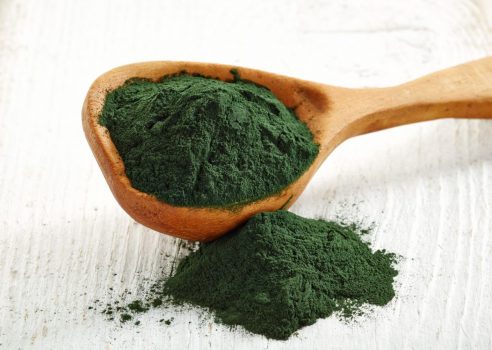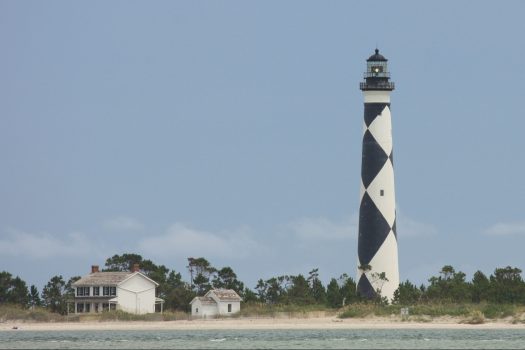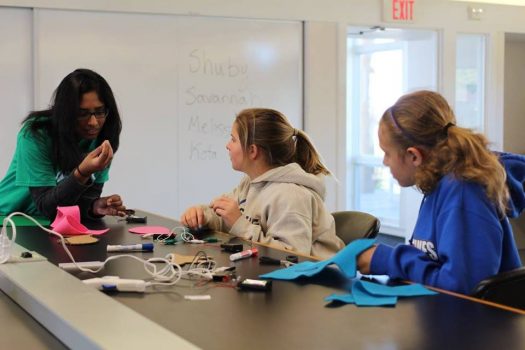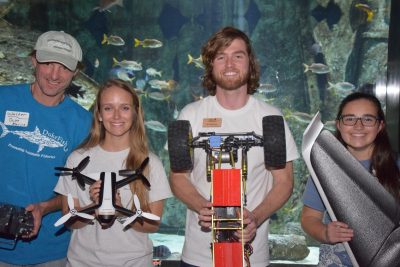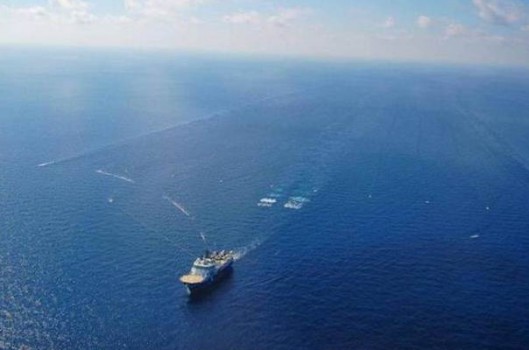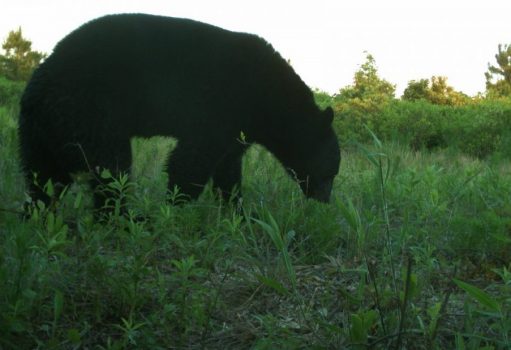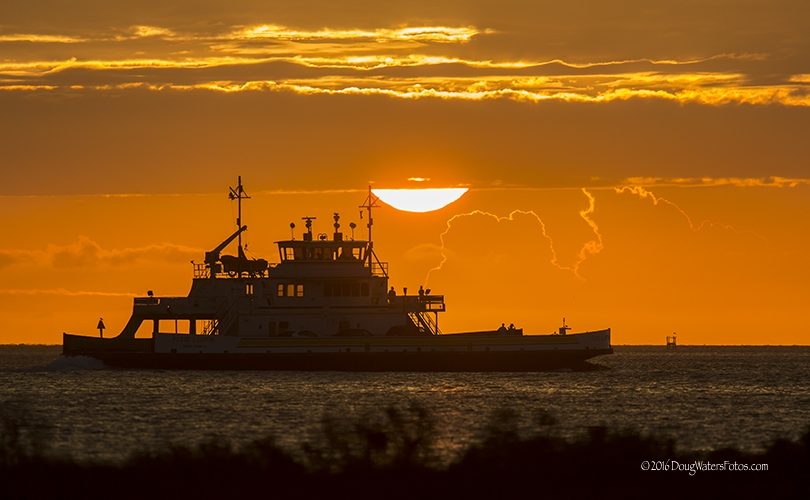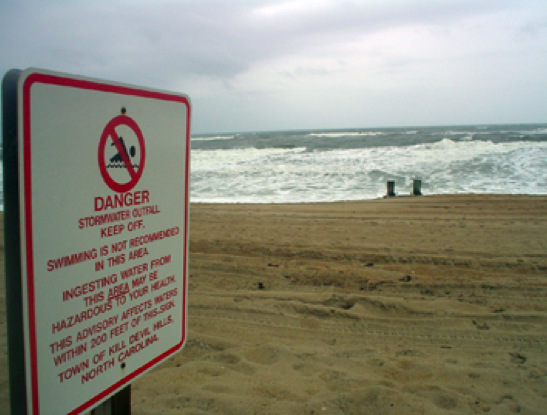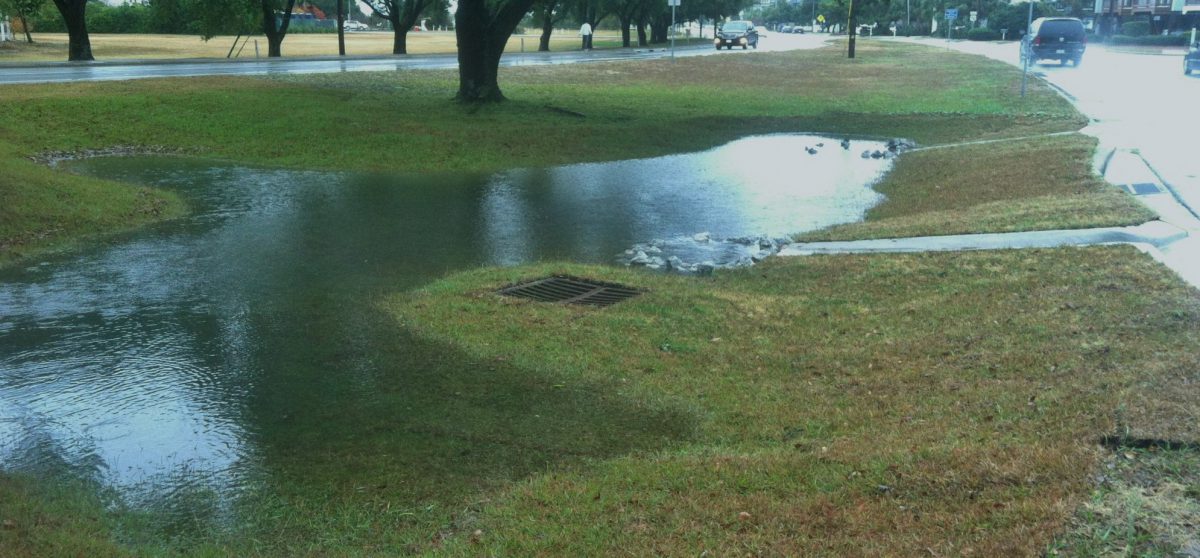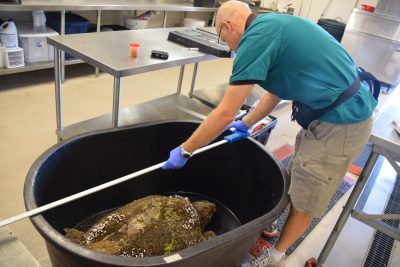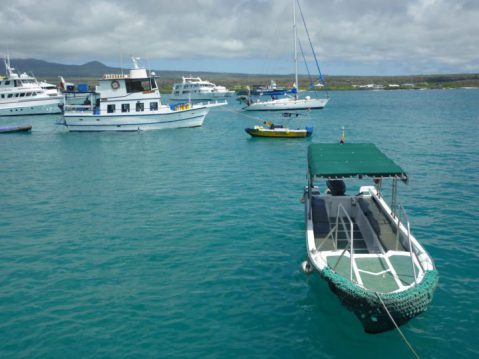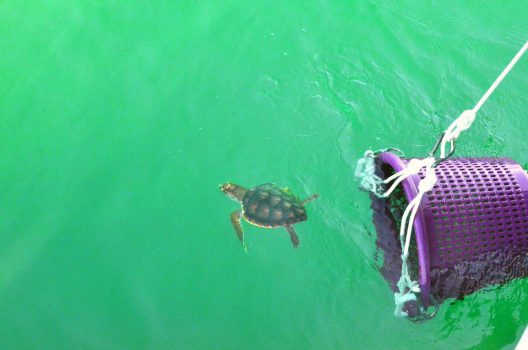A team of coastal scientists and a computer engineer have combined their passion for surfing with decades of research to offer an online tool that promises more accurate forecasting of wave conditions along the N.C. coast.
Science
Runoff Study Aims For Better Water Quality
Researchers with the UNC-Institute of Marine Sciences are working with Beaufort to help the town better protect coastal waters from stormwater pollution.
Researchers Work to Rid Oceans of Plastic
Researchers at UNC Wilmington are trying to understand how to rid the oceans of plastics that break down into pieces so small that even the human eye can’t see them.
Mysterious Squid Washes Up on Portsmouth
A mysterious squid found in late March on a Portsmouth Island beach was later discovered to be a species that’s commercially fished in Japan.
MAGIC Team Reveals Algae’s Hidden Powers
Duke Marine Lab researchers with the Marine AlGae Industrialization Consortium are developing ways to create both liquid fuel and livestock feed from naturally oily, nutrient-rich algae.
Cape Becomes Laboratory for Climate Study
Historic structures that are part of the Cape Lookout National Seashore are being used to test a developing strategy for dealing with the vulnerability of cultural resources to climate change.
Women in Science to Host Event for Girls
Women in science will be on hand as role models for an event designed to spark middle school-aged girls‘ interest in technical fields set for April 1 at Duke University Marine Lab in Beaufort.
Science Network Links Researchers, Teachers
The fifth annual SciREN Coast event brought together more than 130 scientists and educators to find creative ways to teach scientific concepts.
Study: Seismic Testing Disrupts Fish Behavior
Researchers in North Carolina recently published a study that shows fish “went missing” from a normally populated reef during seismic blasting for geological mapping.
Wildlife Photo Project Expands Statewide
Candid Critters, a photography experiment launched on the coast last year to gauge the diversity and range of wildlife for conservation and management, is going statewide.
FerryMon Founder Strives to Save Project
Hans Paerl of UNC Institute of Marine Sciences, one of the founders of the recently suspended state ferry-based water quality monitoring program, says the work of the project is too important to abandon.
EPA Offers Criteria for Swimming Advisories
The Environmental Protection Agency recently published draft standards for water quality and swimming advisories related to harmful algae blooms caused by nutrient-rich stormwater and agricultural runoff.
Letting It Soak In: Stormwater Retention Pays
A recent federal study estimates the monetary value of reducing stormwater runoff from development, suggesting that over time hundreds of millions of dollars in groundwater resources can be saved.
Sea Turtle Doctor Pioneers New Science
Dr. Craig Harms of N.C. State’s Center for Marine Sciences and Technology in Morehead City not only treats sick and injured sea turtles and other marine life, he and others here advance the science.
Study: How Much Tourism Is Too Much?
New research from the University of North Carolina-Chapel Hill may provides a way to know how much human presence sensitive coastal areas may be able to withstand.
NC Aquarium Staff Releases 33 Sea Turtles
Specialists at the North Carolina Aquarium at Pine Knoll Shores invited paying guests for a boat ride to the Gulf Stream Wednesday to release 33 rehabilitated juvenile sea turtles rescued from area beaches.

